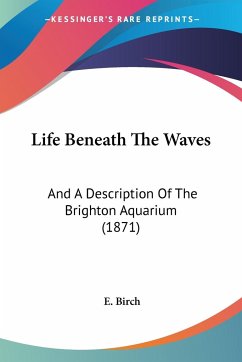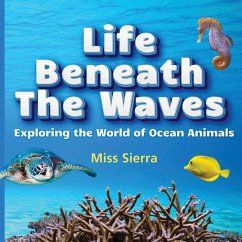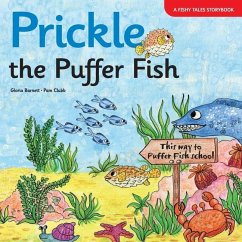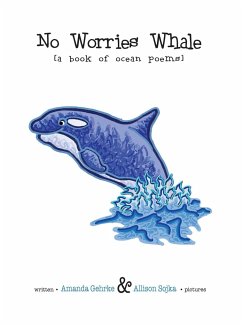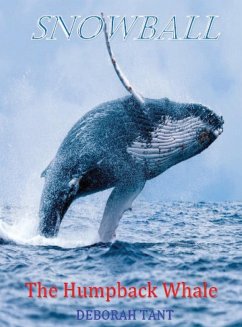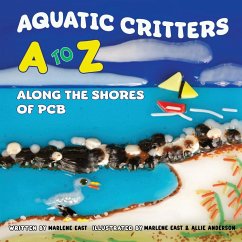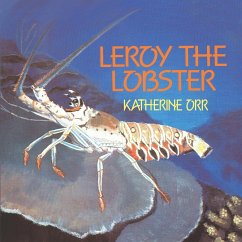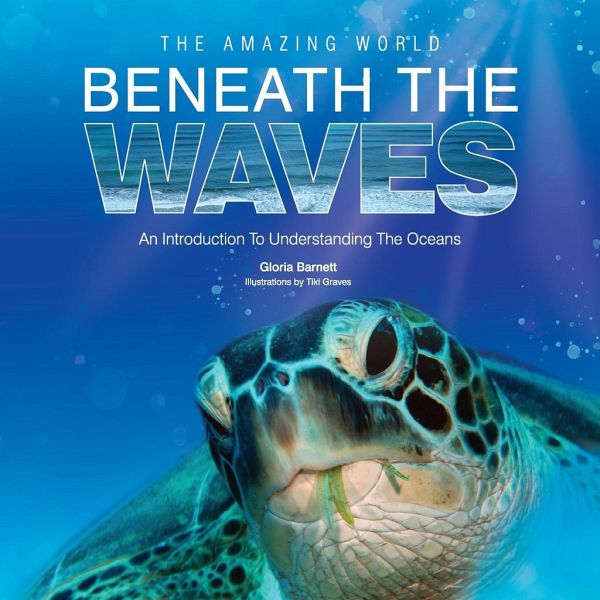
The Amazing World Beneath the Waves
Versandkostenfrei!
Versandfertig in 1-2 Wochen
47,99 €
inkl. MwSt.

PAYBACK Punkte
24 °P sammeln!
This guide is for anyone who has ever been intrigued, fascinated, or entranced by the world's oceans. From the tiniest microscopic, one-celled plankton to the vast Blue Whale, this book contains easy to understand information, photographs, and illustrations that reveal the amazing diversity of life beneath the waves and the extraordinary adaptations of creatures for survival in the extreme marine environment. Concepts such as tides, undersea mountains, and the relationship between atmosphere and ocean are all carefully described to enable non-scientists to understand how important the World's ...
This guide is for anyone who has ever been intrigued, fascinated, or entranced by the world's oceans. From the tiniest microscopic, one-celled plankton to the vast Blue Whale, this book contains easy to understand information, photographs, and illustrations that reveal the amazing diversity of life beneath the waves and the extraordinary adaptations of creatures for survival in the extreme marine environment. Concepts such as tides, undersea mountains, and the relationship between atmosphere and ocean are all carefully described to enable non-scientists to understand how important the World's Oceans are to Planet Earth and to the existence of life on Earth. From tsunamis and earthquakes to pollution and rising sea levels - here is a guide that everyone should read - about a watery world so few humans understand, yet which makes up over 70% of the surface of our Planet Earth. This book guides us effortlessly to a better understanding of the amazing world beneath the waves. Did you know? All life on land is descended from one-celled ocean creatures. Turtles can swim at 35 mph. 60% of the water on Earth is inaccessible to humans without the aid of special submersible technology. There are creatures that live in the dark depths of the oceans that have light-emitting cells. You are more likely to be killed by a coconut than by a shark. Ocean currents have been studied using the accidental travels of 29,000 plastic ducks. Fossil corals tell us that 380 million years ago the Earth had 21 hours in a day- so the Earth's spin on its axis is slowing down!





